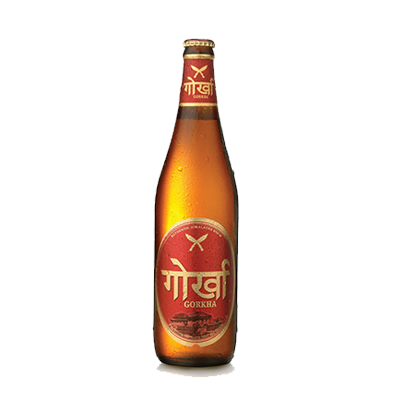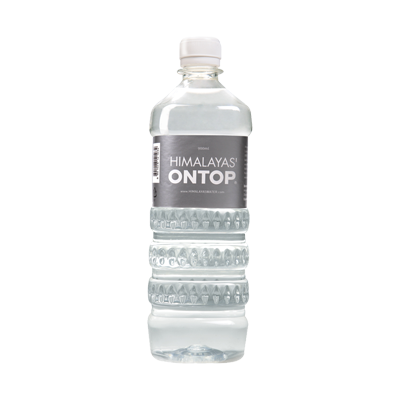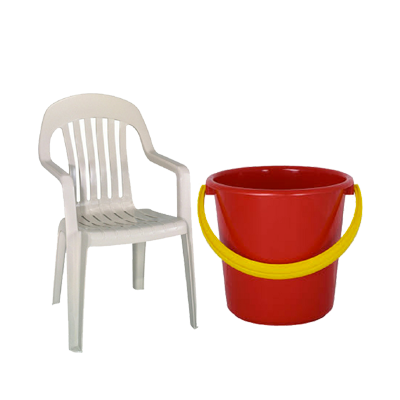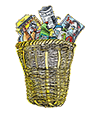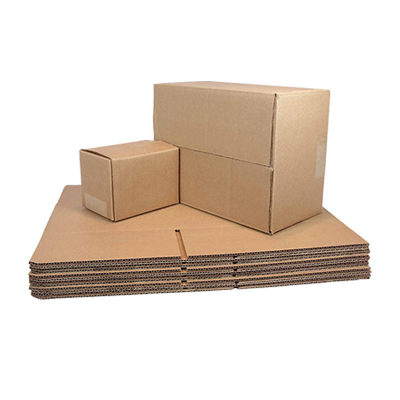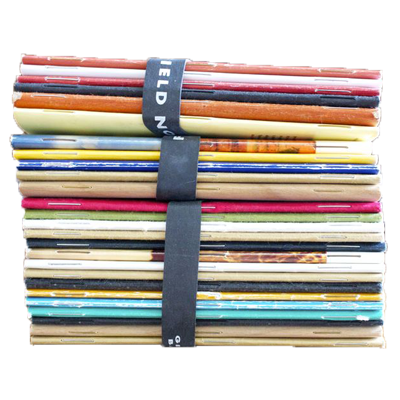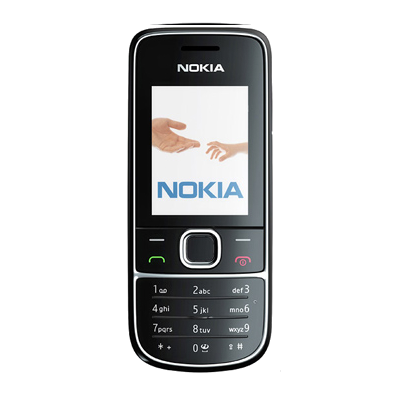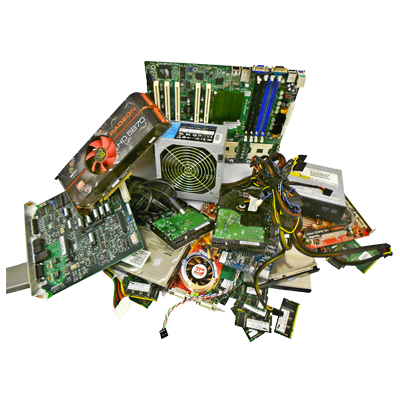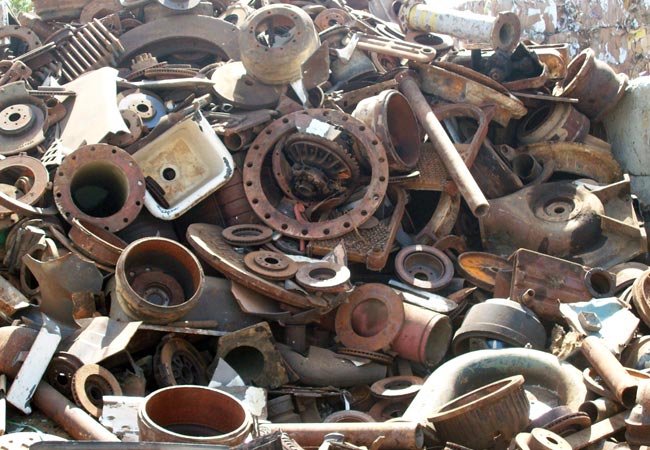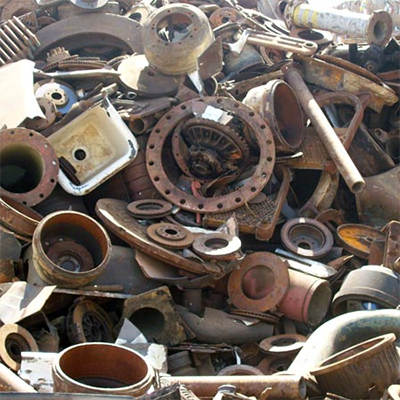
2019-05-13
Responsible Waste Management is a Local Responsibility: Workshop with ISARD
The best way is to learn is by doing, so that’s what we did. Doko Recyclers had a productive weekend in a three-day long workshop hosted along with Integrated Self-help Association for Rural Development (ISARD), from March 29th through the 31st in the villages of Barabise. The workshop was aimed at facilitating knowledge-sharing and learning on different subjects. There is a waste crisis in these villages, and our goal was to engage the community in discussing issues and solutions to deal with the crisis. Two representatives from Doko Recyclers shared their knowledge on the existing scenario of waste management and the contribution we have been making to better waste management practices in Kathmandu Valley. We also had productive conversations with the local community about introducing a streamlined waste management system to the surrounding villages. Women’s groups from surrounding villages, teachers from local schools, students from Children’s Future Organization (CFO) Nepal, members from ISARD, and people from the villages around Barabise all participated in the workshop. Speakers from the Children Future Organization, the village of Tauthali, and disabled home Apanga Sewa Kendra also participated. Doko engaged with the entire group of participants, beginning with a presentation. Next, we had an interactive group activity where each group brainstormed and presented on one aspect of waste in the local context: types of waste generated in the village by categories and how these are being handled at the moment, ways to handle different types of waste efficiently, and hazards of improper handling of waste in the short and long-term. After a lunch of dal bhat, we divided everyone involved into groups to take part in more comprehensive activities exploring subjects like waste management, effective use of the English language, blog writing, and women empowerment. The next morning, each group presented the outcomes of their in-depth discussion. One group discussed the steady growth of women empowerment in their community, and highlighted some women who were breaking traditional gender roles and acting as examples to others. One group was focused on learning English, so they created an oral presentation, conducted in English, on how to communicate in English. Another group learned how to write a blog, created a blog about the workshop, and plans to regularly update it with content about daily life in the villages for the next year. Our group shared a possible road map for establishing a local waste management project in the village. We ended with recommendations on immediate steps towards more responsible waste practices. Some practices we highlighted were: stopping littering, burning as little as possible, using alternatives to single-use plastic bags, and making better choices when buying consumer goods (unpackaged cookies from a local bakery to cookies with non-recyclable paper packaging.) During the conclusion, all groups combined their outcomes onto chart papers to create a visual map of our findings. Following this, we participated in an interactive evaluation rating the duration, enjoyment, and overall effect of the workshop on the community. Everyone present felt that they had learned skills that they could effectively use to progress their community. The active participation of the community allowed us to see the potential of exploring waste management opportunities in rural areas outside Kathmandu Valley.

